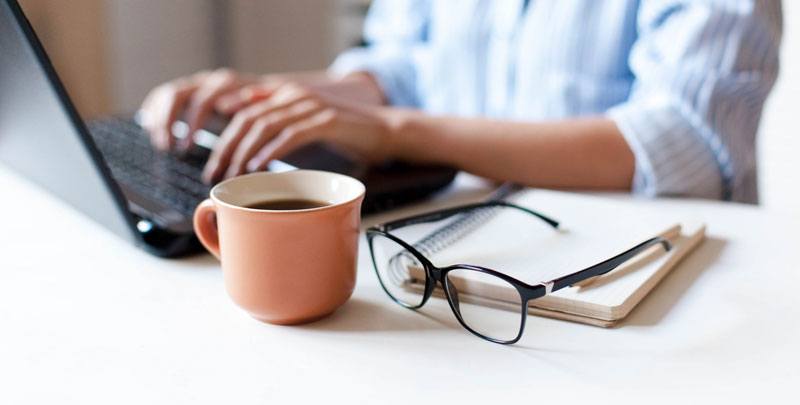
Working from Home?
Due to the current COVID-19 pandemic, many Australians are now working from home. Remote work offers several upsides, but there are also numerous electrical and gas safety tips to keep in mind as we begin to approach the cooler months. Wherever you work, it is important to be safe.
With home offices being set up all over the nation, people are using electrical appliances more, as well as setting up for winter with gas heaters that may not have been used in a while.
Some important electrical safety tips include:
- Visually inspect the electrical equipment in your home office, checking for damage, exposed wires, discolouration from overheating or broken covers
- To avoid overheating or fires, do not place objects against equipment air vents (especially paper)
- Do not cover power boards
- Do not overload power boards
- Extension cords should only be used on a temporary basis
- Never run cords under rugs/carpets, doors, or windows
- Make sure your home has smoke alarms (test them monthly)
- Do not complete DIY electrical work
What is DIY Electrical Work?
Electrical work is considered anything that includes manufacturing, installing, altering, repairing, removing, replacing or maintaining electrical equipment. At Mr Emergency we strongly recommend hiring one of our licensed electricians to complete your electrical work.
It is not against the law to purchase electrical equipment that needs to be hard-wired. However, they must be connected by a licensed electrical contractor.
No need to type “electrician near me” into Google. We have local electricians available 24/7, every day of the year. They can even be at your door within 30 minutes* for emergency electrical work.
Apart from it being illegal, DIY electrical wiring work is dangerous for not only yourself but also the electrician that comes into contact with the unsafe work as a result. Heavy penalties apply for anything that is deemed as unlicensed electrical work.

Gas Safety Advice
It is always important to make sure your gas appliances and systems are in good working order and compliant with Australian standards.
It is even more important now that winter is upon us. As people are now spending more time at home, you should always consider these gas safety tips:
- Check your gas heater before you first turn it on
- Check your air filters, fans and burners because they can become blocked by dust and grime
- Don’t conduct DIY work
- Monitor your heater and be aware of how it is operating
- Do not place paper anywhere near your heater
- Do not use outside gas appliances inside
- Make sure your home office is well ventilated and permanent openings such as flues are not blocked
- Be aware of carbon monoxide
What is Carbon Monoxide?
Carbon monoxide (CO) is the silent killer. It is a potentially poisonous gas that is colourless, odourless and seriously dangerous. Medical attention should be sought if there are any signs of exposure.
What are the carbon monoxide poisoning signs? Well, they are flu-like symptoms such as:
- Headaches
- Weakness
- Fatigue
- Nausea
To prevent carbon monoxide from entering the air, regular servicing of your system and gas pipes is recommended. CO can be emitted by a gas appliance or anything that burns fuel (including wood fireplaces and kerosene heaters).
You can smell gas, but you can’t smell CO. At Mr Emergency, our technicians can perform a carbon monoxide test.
A carbon monoxide test will identify any faulty gas appliances that could lead to a build-up of the gas. If you have never had your home tested for carbon monoxide, we highly recommend doing so.
At Mr Emergency, our plumbers are fully qualified. They complete ongoing training to stay up to date with the latest carbon monoxide testing advances.
Please note: This information is provided for advice purposes only. Regulations differ from state to state, so please consult your local authorities or an industry professional before proceeding with any work. See our Terms & Conditions here.


